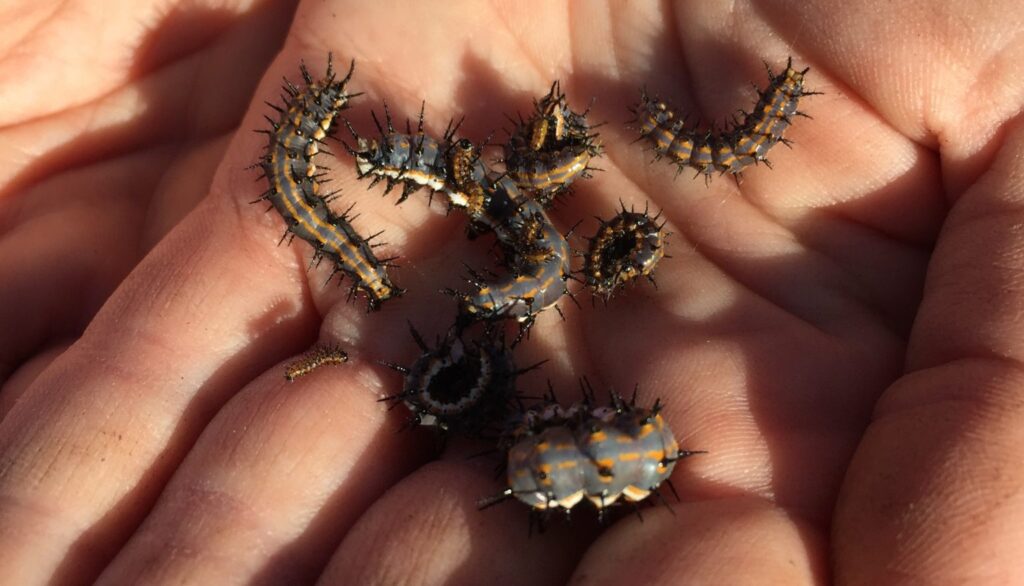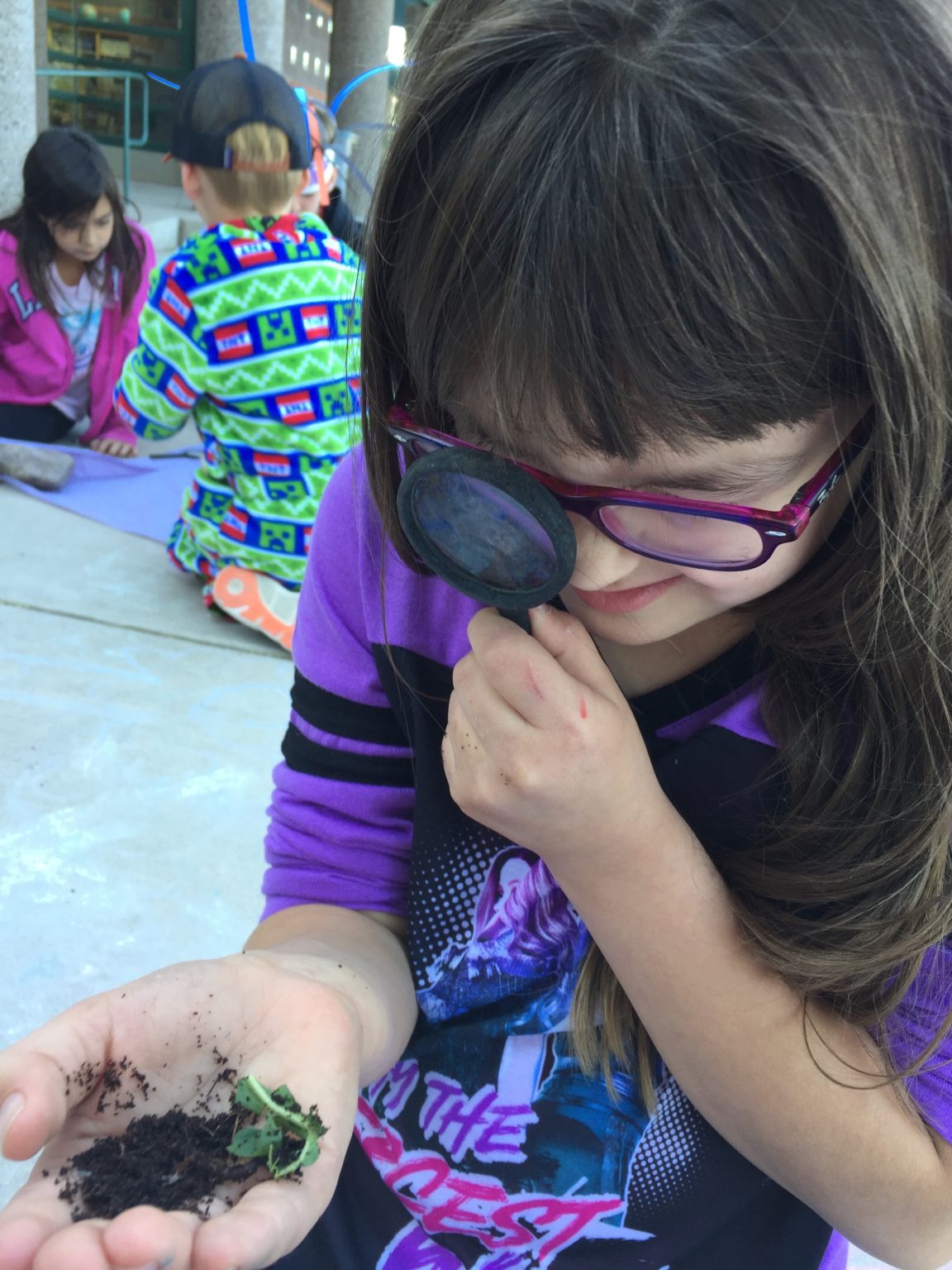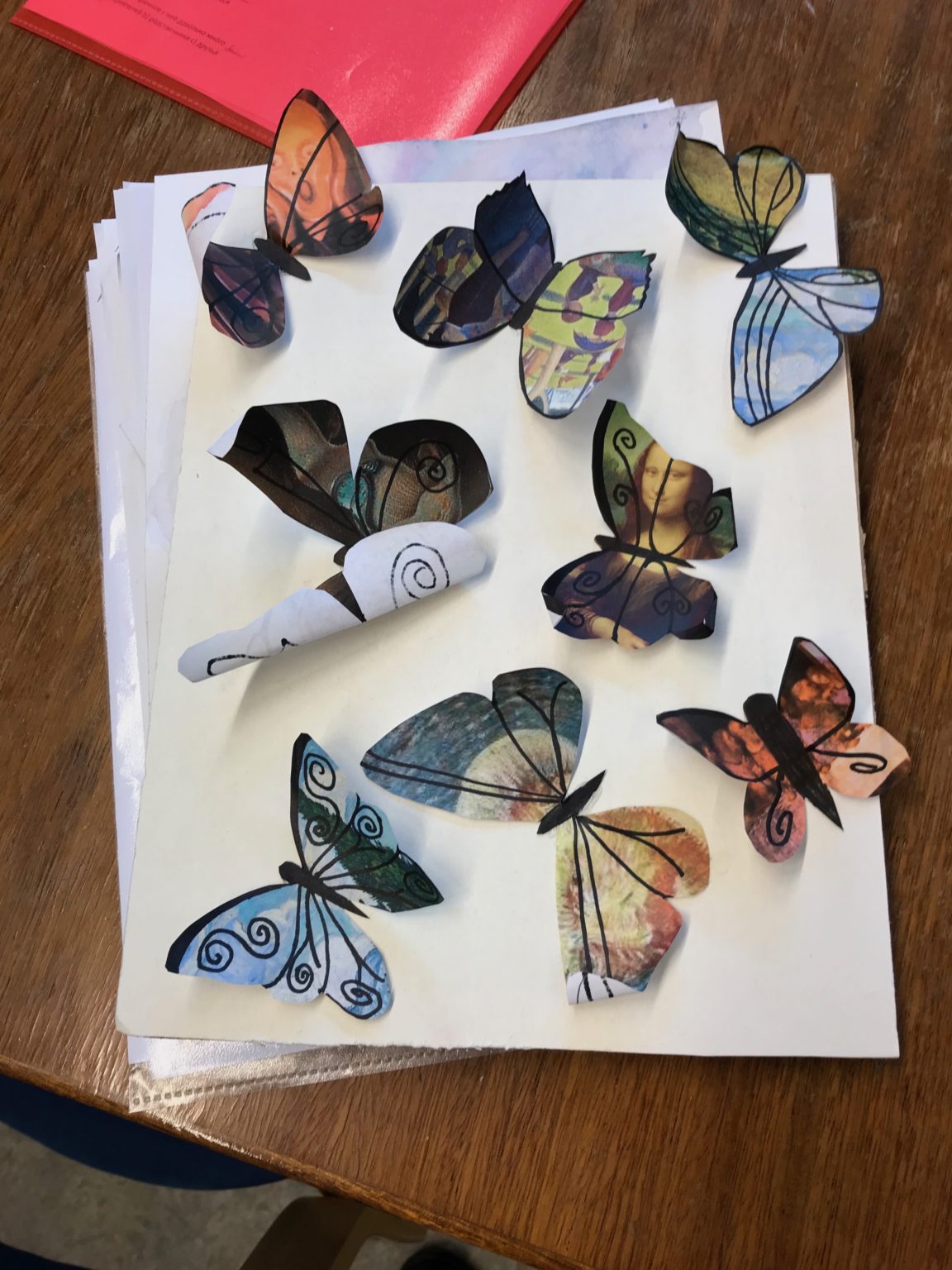Also Recommended
See allBadges and Badging in the Classroom
Sites that are awarding or exploring badges may want to point colleagues to these selections that illustrate how teacher-leaders have used badges in their classroom teaching or writing programs.
Read more
The Write Time with Author Rob Cameron and Educator Max Limric
This episode features Rob Cameron, a teacher, linguist, and writer who organizes the Brooklyn Speculative Fiction Writers and founded the Constellations Mentorship program for the Octavia Project. Rob is interviewed by Max Limric, a pre-service elementary teacher who became interested in the power of children's and young adult literature, having grown up with speculative stories like Harry Potter and The NeverEnding Story.
Read more
The Write Time with Author Ellen Oh and Educator Melissa Thom
Ellen Oh is an award-winning author of numerous middle grade and young adult books including The Spirit Hunters series and Prophecy trilogy, and is a founding member of We Need Diverse Books. Melissa Thom is a teacher librarian at Bristow Middle School in Connecticut with 22 years of educational experience and former president of the Connecticut Association of School Librarians.
Read more




